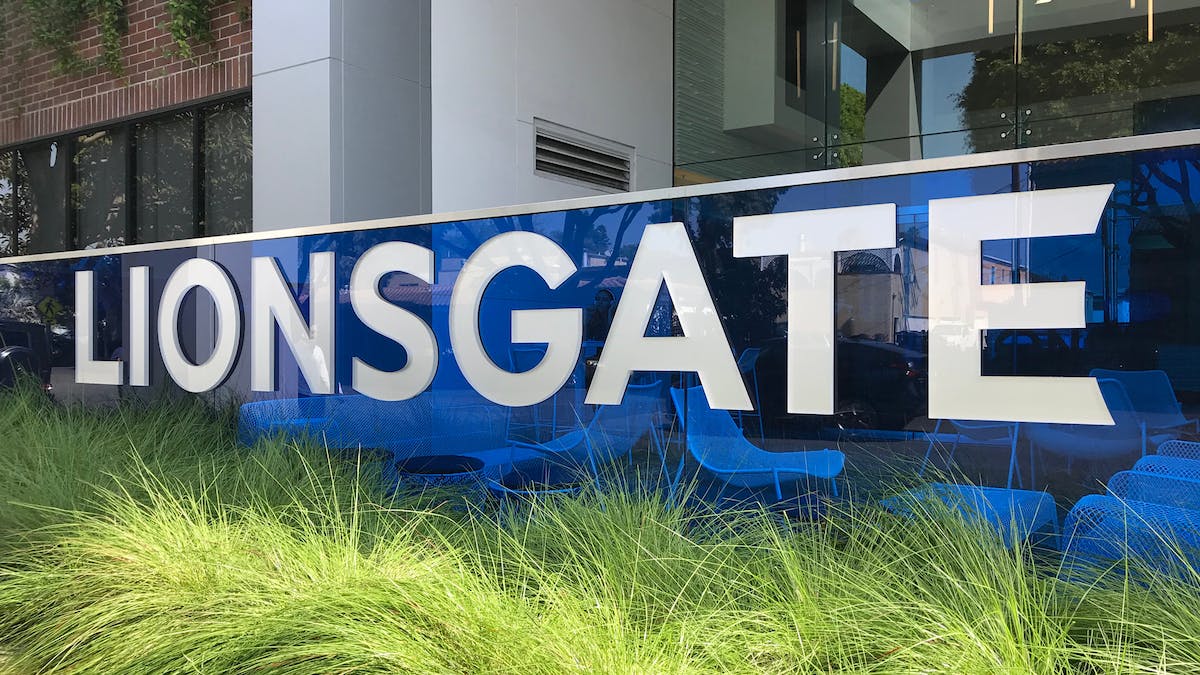If you think about it, all the traditional entertainment companies—including Disney, Warner Bros. Discovery, NBCUniversal and Paramount Global—theoretically could be acquisition targets next year. But only one will be properly positioned to maximize its appeal to a tech firm like Apple, Amazon or Netflix. That one is Lionsgate, which owns a wide array of film and TV titles including “The Hunger Games,” “Twilight” and the “John Wick” series. And a restructuring that Lionsgate announced today should make the company much more appealing to a buyer.
Lionsgate is taking the step every other company in the industry should take, carving off its cable channel business from its film and TV studios. To be fair, it’s easier for Lionsgate, which makes most of its money from producing movies and TV shows, whereas everyone else makes most of their profits from traditional TV channels that viewers subscribe to. Cord-cutting has shrunk the TV channel sector, so those operations are a drag on entertainment firms and a turnoff to potential buyers. Lionsgate, in the deal it announced today, will shift its studios into a publicly traded special purpose acquisition company, to be renamed Lionsgate Studios. The old version of Lionsgate will come out of the deal with an 87% stake in Lionsgate Studios, but that stake is likely to be distributed to shareholders next year, completing the division of the company in two. What’s left of the existing company will be its TV channel business, primarily Starz, which—like HBO and Showtime—is a relic of the old TV era.




